The Center For Eurasian Studies (AVİM), as an Ankara-based non-profit think tank, has left behind a thirteen-year working period in its activities. Although the start date of its corporate identity is January 2, 2009, the studies made by AVİM within the framework and understanding of a think tank date back to the first years of the twenty-first century. Eurasia, the main field of study of AVİM, covers a vast area extending from the Atlantic Ocean in the westernmost part of Europe to the Pacific Ocean in the eastern edge of Asia. Within this vast area, the regions that AVİM primarily focuses on are the Balkans, the Wider Black Sea Region, the Caucasus, and the Central Asia. The Caucasus and the Balkans are the two major fault lines in this geography.
For this reason, AVİM focuses mainly on these two regions in its studies. In this context, AVİM also conducts academic studies on various allegations that emerged due to the painful events in the Ottoman Empire in 1915 in connection with the First World War. In addition, the Armenian genocide allegations regarding the 1915 Events are also examined in depth. However, unfortunately, whenever a comment, analysis, or report is published on AVİM's website regarding these studies, our site is subjected to heavy cyber attacks originating from outside Turkey. In addition, AVİM's staff whose comments and analyses are published on our website are exposed to harassment, threats, and insults via emails or social media accounts. We have, until now, avoided bringing these unfortunate happenings to the attention of our readers. Recently, censorship interventions made by international social media platforms have been added to these harassments. The last example of this was the takedown of the video of a webinar meeting we put on the YouTube platform. Brief information about the webinar is presented below.
AVİM organized a webinar titled "Assessment of the Punishment of Denial of Armenian Claims in the Context of Freedom of Expression" on July 8, 2021, where the Rapporteur of the Constitutional Court of the Republic of Turkey, Ms. Ceren Sedef Eren, participated as a speaker. In the webinar, Eren presented the process that started with the punishment of the denial of the Holocaust and continued with the punishment of all crimes against humanity, within the scope of combating hate speech in Europe. Furthermore, she examined the conflicts created by this process with the principle of freedom of expression. In this context, she also touched upon the danger posed to European democracies by punishing the rejecting (often referred to as "denail") the Armenian genocide allegations and made evaluations within the framework of the Perinçek/Switzerland decision of the European Court of Human Rights.
YouTube has removed this video for allegedly containing hate speech. According to our online review, YouTube has a set of Community Guidelines. In this context, the following points are stated regarding hate speech:
"Hate speech is not allowed on YouTube. We remove content promoting violence or hatred against individuals or groups based on any of the following attributes: Age; Caste; Disability; Ethnicity; Gender Identity and Expression; Nationality; Race; Immigration Status; Religion; Sex-Gender; Sexual Orientation; Victims of a major violent event and their kin; Veteran Status."[1]
As noted in the United Nations Strategy and Plan of Action on Hate Speech, there is no international legal definition of hate speech, and the characterization of what is hateful is controversial and disputed.[2] The mentioned strategy describes hate speech as follows:
"The term hate speech is understood as any kind of communication in speech, writing or behaviour, that attacks or uses pejorative or discriminatory language with reference to a person or a group on the basis of who they are, in other words, based on their religion, ethnicity, nationality, race, colour, descent, gender or other identity factor."
This ambiguity in the definition of Hate Speech has probably prompted various social media platforms to develop an arbitrary understanding of hate speech in line with their priorities under pressure from the various interest groups. However, no element would evoke hate speech in the webinar video linked below.[3] Furthermore, the explanations were made entirely in accordance with the international legal norms. Hence, we consider that the removal of the video is based on an unjustified and arbitrary practice. We will first appeal to YouTube regarding the video's takedown with this understanding. If this objection is not accepted, we foresee following up our objection within the framework of the Turkish justice system.
© 2009-2025 Center for Eurasian Studies (AVİM) All Rights Reserved
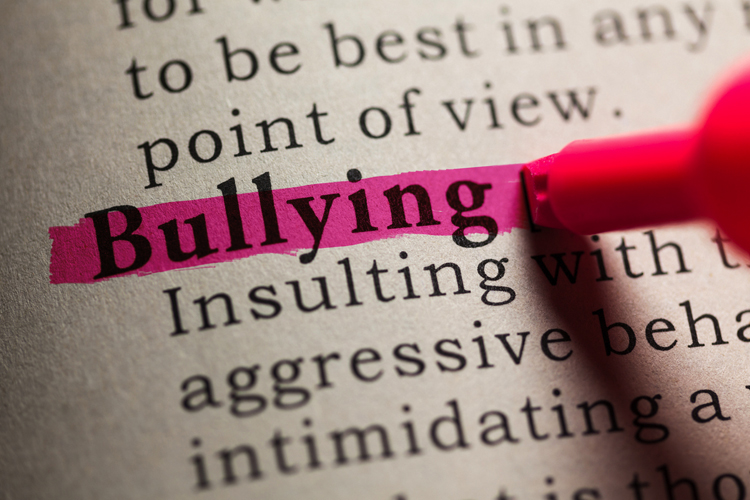
 HARVARD UNIVERSITY’S BELFER CENTER-UNBECOMING ACADEMICS
HARVARD UNIVERSITY’S BELFER CENTER-UNBECOMING ACADEMICS
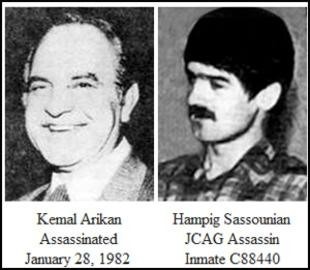 THE PAROLE OF HARRY (HAMPIG) M. SASSOUNIAN, THE PERPETRATOR OF THE MURDER OF TURKEY’S CONSUL GENERAL TO LOS ANGELES KEMAL ARIKAN IN 1982
THE PAROLE OF HARRY (HAMPIG) M. SASSOUNIAN, THE PERPETRATOR OF THE MURDER OF TURKEY’S CONSUL GENERAL TO LOS ANGELES KEMAL ARIKAN IN 1982
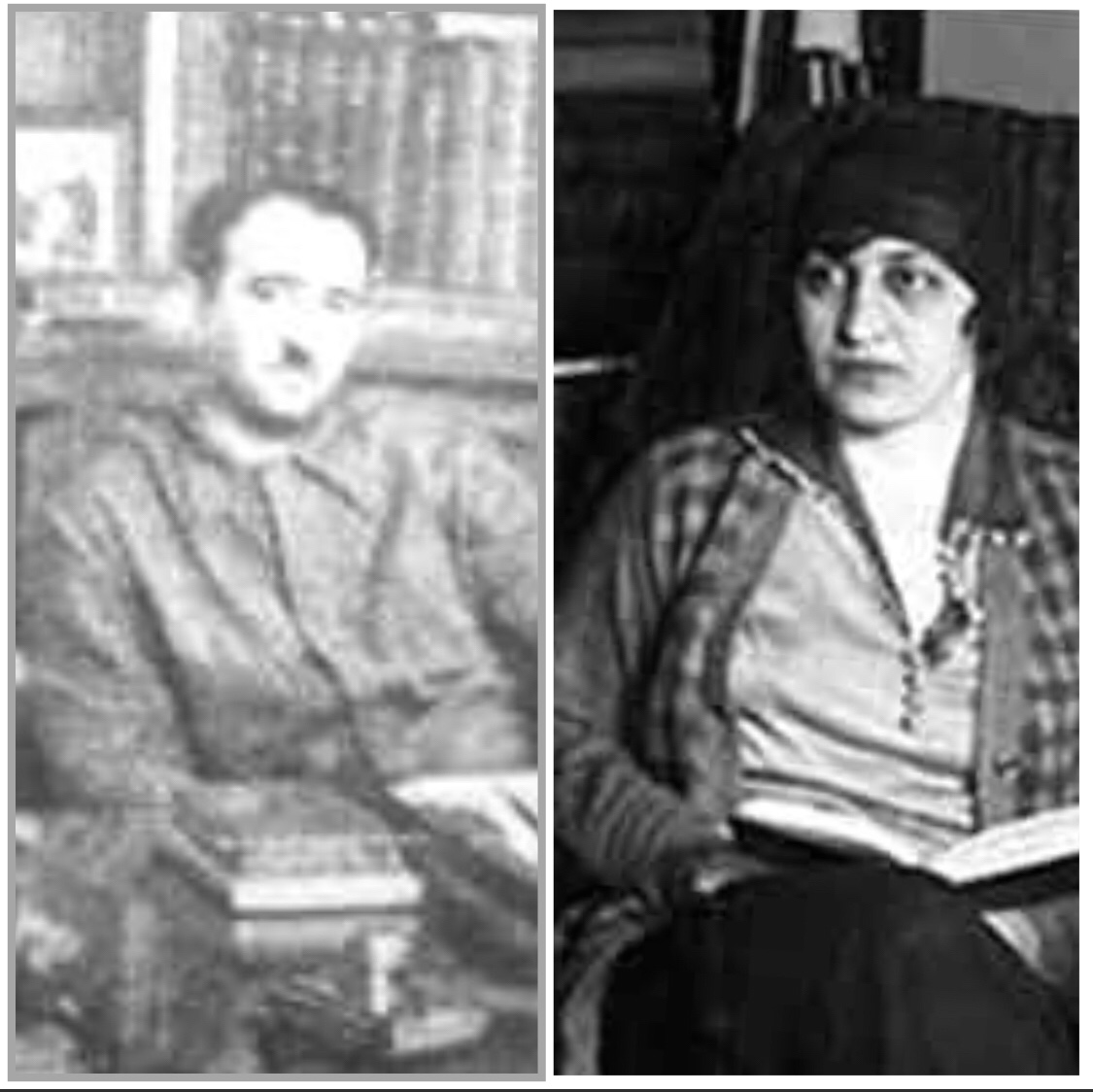 THE SMEARING OF KOPRULU AND ADIVAR BY THE CURRENT ADMINISTRATION OF THE OTTOMAN AND TURKISH STUDIES ASSOCIATION
THE SMEARING OF KOPRULU AND ADIVAR BY THE CURRENT ADMINISTRATION OF THE OTTOMAN AND TURKISH STUDIES ASSOCIATION
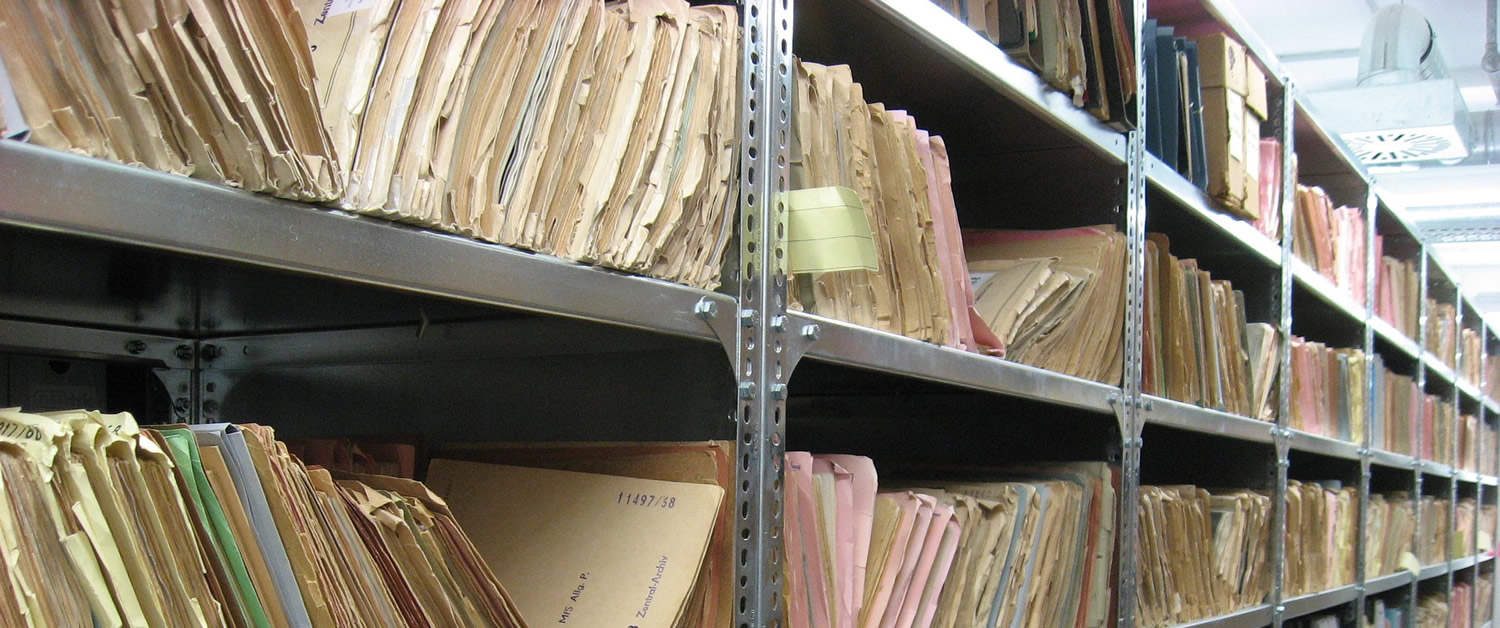 HISTORICAL ARCHIVES OF THE ARMENIAN PATRIARCHATE OF ISTANBUL
HISTORICAL ARCHIVES OF THE ARMENIAN PATRIARCHATE OF ISTANBUL
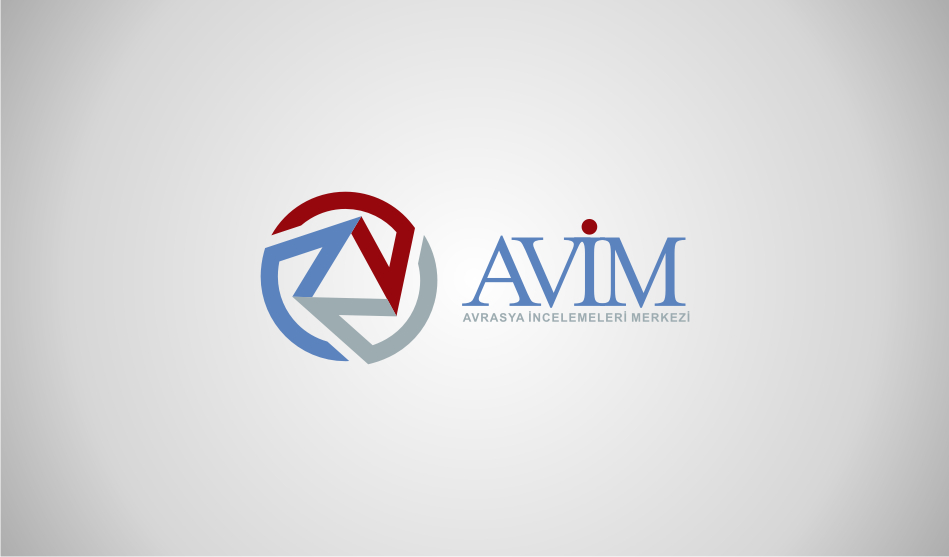 TANER AKÇAM’S ARMENIAN PROPAGANDA CAMPAIGN CONTINUES
TANER AKÇAM’S ARMENIAN PROPAGANDA CAMPAIGN CONTINUES
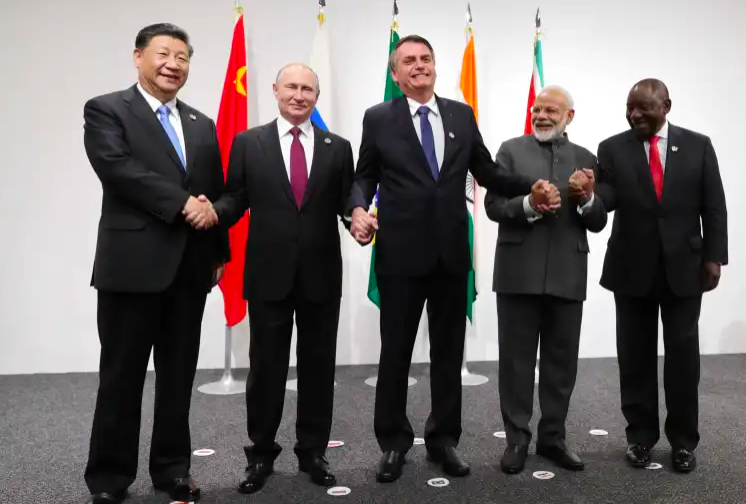 BRICS TAKES A POSITIVIVE VIEW OF ENLARGEMENT
BRICS TAKES A POSITIVIVE VIEW OF ENLARGEMENT
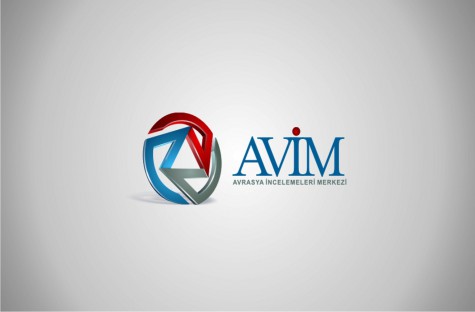 DONALD TUSK’S VISIT TO SOUTH CAUCASUS
DONALD TUSK’S VISIT TO SOUTH CAUCASUS
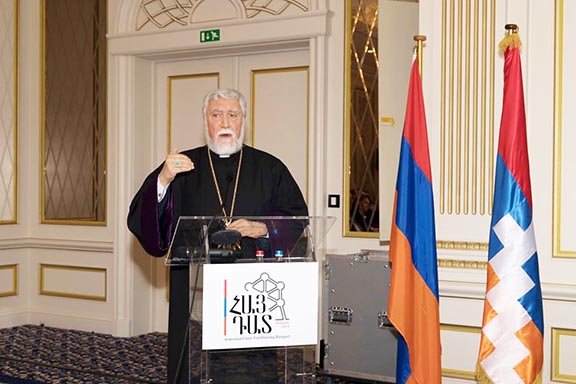 A NEW ATTACK OF THE ARMENIAN CATHOLICOS OF ANTELIAS ARAM I IN BELGIUM
A NEW ATTACK OF THE ARMENIAN CATHOLICOS OF ANTELIAS ARAM I IN BELGIUM
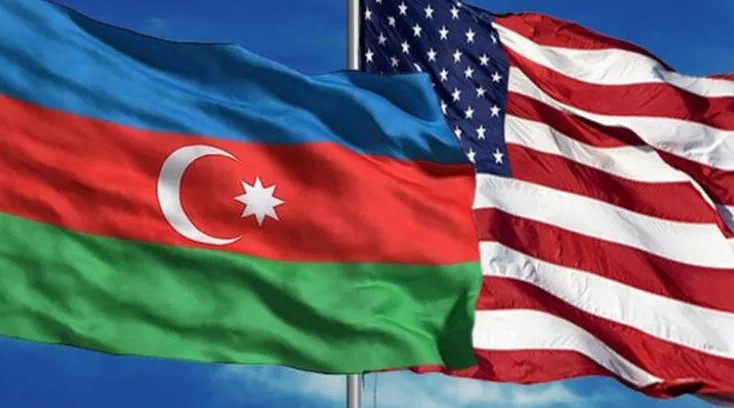 IS HISTORY REPEATING ITSELF? IS TERRORISM REAWAKENING?
IS HISTORY REPEATING ITSELF? IS TERRORISM REAWAKENING?




























